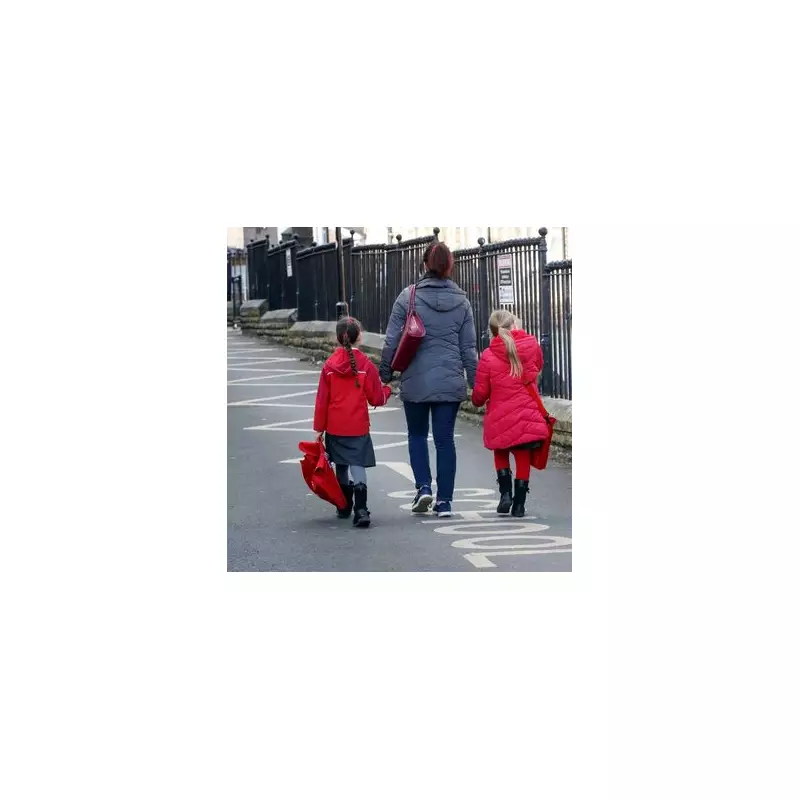
In a landmark move, Chancellor Rachel Reeves has announced the abolition of the controversial two-child benefit cap in her recent Budget, a decision set to impact nearly 1.7 million children across Great Britain.
What is the Two-Child Limit and Who Does It Affect?
Introduced by the Conservative government in 2017, the two-child limit policy prevented parents from claiming Child Tax Credit or Universal Credit for any third or subsequent child born after April of that year. The policy has been a focal point of criticism from charities and opposition parties, who argued it disproportionately punished children in low-income families.
Official figures from the Department for Work and Pensions reveal the policy reached a record high in the year to April 2025, affecting 469,780 households. Contrary to some perceptions, the majority of these households, 59%, were in work, struggling to make ends meet for their families.
Which Areas Will Feel the Biggest Impact?
The effect of scrapping the cap will not be evenly distributed across the country. Our analysis shows that some constituencies have a significantly higher proportion of children living in households impacted by the limit.
Birmingham Ladywood has the highest absolute number of affected children, with 11,940 living under the cap. This represents 34% of all children in the constituency.
However, the constituency with the highest proportion is Hackney North and Stoke Newington, where a staggering 42% of children (10,900) were living in households affected by the policy. Other areas with a high density of impacted families include Birmingham Hodge Hill and Solihull North (31%), Tottenham (29%), and Bethnal Green and Stepney (29%).
Charities and Politicians Hail a "Transformative" Change
The decision has been widely praised by anti-poverty campaigners. Treasury estimates indicate that 450,000 children could be lifted out of poverty as a direct result of ending the cap.
Announcing the reversal, Chancellor Rachel Reeves stated, "We do not believe that the solution to a broken welfare system is to punish the most vulnerable children."
This sentiment was echoed by Joseph Howes, CEO of Buttle UK and Chair of the End Child Poverty Coalition, who commended the Chancellor. "This provides real hope for families across the country," he said. "More children will grow up with the security, opportunity, and support they deserve. This change will help lift futures."
Former Labour leader Neil Kinnock also welcomed the move, describing it as a "fine way of combatting child poverty" and beneficial for the economy.
The scrapping of the two-child limit marks a significant shift in social security policy, aiming to provide a more substantial safety net for the UK's largest families and tackle child poverty head-on.





